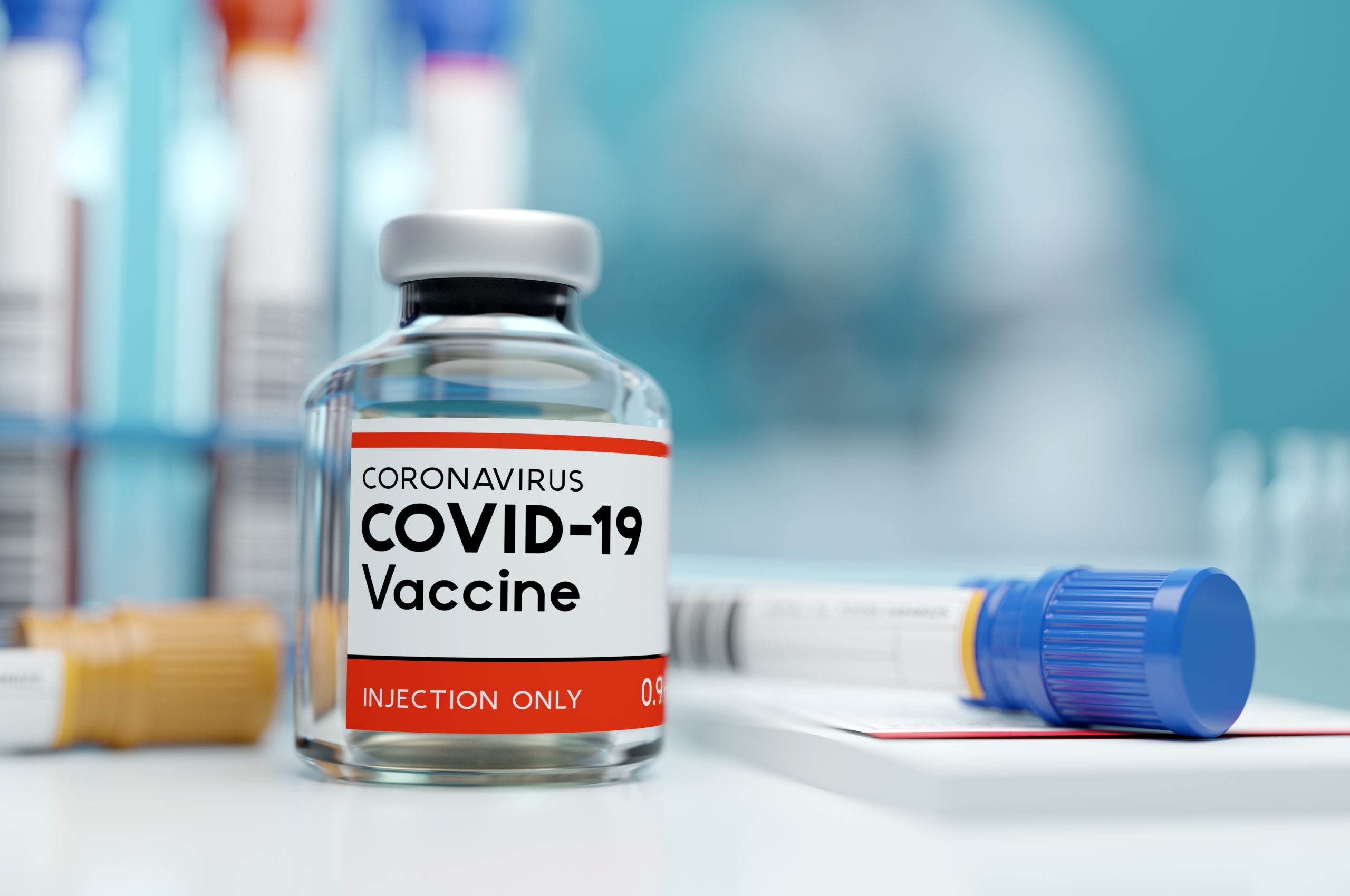
Associations must continue to function. Board meetings must be held, and decisions must be made.
The CDC has recommended against any gatherings of ten or more people through at least the middle of May. Therefore, Association’s must postpone community events and avoid in-person meetings. However, the Association must continue to operate, and the Board must continue to conduct the Association’ s business.
To do so, the board must continue to meet on a regular basis but should do so via teleconference, Skype, Zoom, etc. Some larger communities with closed-circuit television can televise their remote meetings for their members. Keep in mind that transparency remains paramount, even when “open” board meetings are being held virtually or remotely. So, in order to maintain transparency during this difficult time, boards should make their meeting agendas available prior to open meetings.
Associations should also provide a means for its members to propose questions or comments during their meetings. Some associations have set up separate email accounts for member questions and comments to ensure that they do not become lost among other association-related emails. Others are having the members email management directly. Zoom and other software applications have “chat” and “raise your hand” features that allow members to participate virtually.
At the virtual or remote board meeting, business must be conducted as usual. Motions must be made, discussed among the board members, and voted upon. The board should review and discuss the comments and questions submitted by members during the ‘new business’ or ‘open questions’ portion of the meeting.
Immediately following the board meeting, it is important to communicate with the members. Instead of waiting for the meeting minutes to be prepared, finalized, and approved at the next board meeting, the board should consider immediately providing an overview of the meeting to the members. This overview may be more in-depth than typical meeting minutes to compensate for the fact that the members could not attend in-person. Official meeting minutes should also be prepared and approved at the next open meeting.
At the end of the day, it is important to remember that the association must continue to function. Open meetings must be as transparent as possible, and communication with the members is key.








